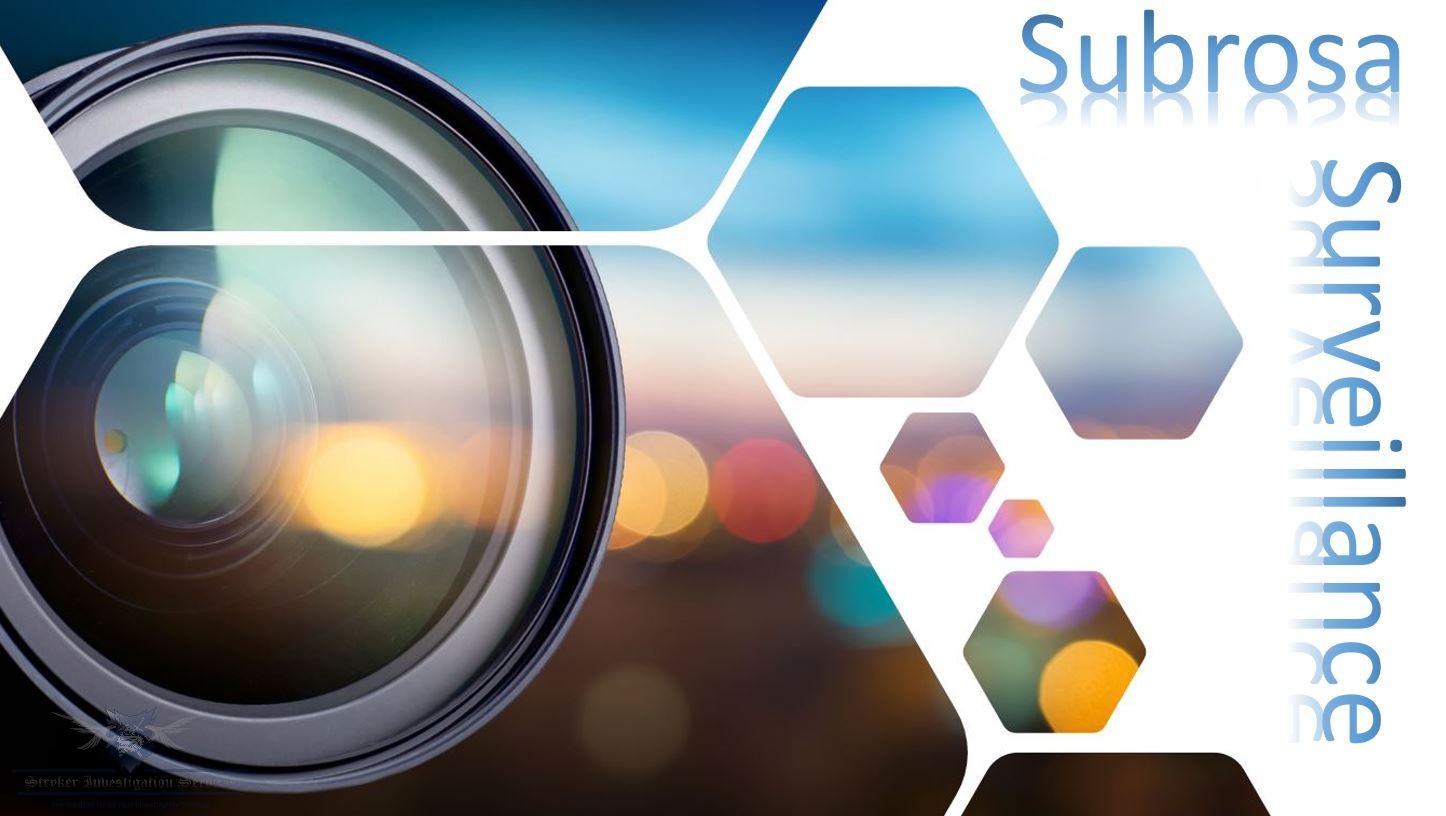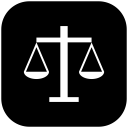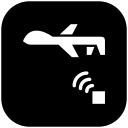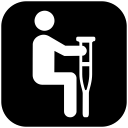
SUBROSA SURVEILLANCE
We provide Subrosa Surveillance for insurance clientele’s claims investigations to determine the Claimant’s current home address, activity level, and if their activity level is consistent with their statements and medical restrictions. Our Subrosa surveillance and insurance defense services encompass all aspects of Insurance investigations, Workers’ Comp, Subrosa Surveillance, Caregiver integrity investigations, 4-hour activity check, and daily monitoring. There are three types of Workers’ Compensation Fraud – Employee – Vendor – Employer. In order to determine if a Workers’ Compensation claim is fraudulent Underwriters, Auditors, Claims Adjustors, and employers have to established fraud indicators, or “red flags.” If there are several “red flag” on a single claim, it warrants further review of the claim. At least 20% of all claims filed are fraudulent and according to the Insurance Crime Bureau, Workers’ Compensation costs $7.2 billion annually.
Workers Compensation Subrosa surveillance is by-far the most effective tool insurance companies use to mitigate the loss and exposure on even the toughest claims. Surveillance is one of the most common methods that insurance companies and employers use to document evidence on the Claimant’s level of activity and range of motion. A physician will review the surveillance video and determine if the Claimant is operating out of their prescribed restrictions. Insurance companies require proof of a worker’s injuries when they are not obvious, which can be difficult for certain medical conditions. For example, carpal tunnel syndrome can be difficult to prove as it has fewer outward symptoms than some other conditions. Medical opinions and self-reported pain can be used as evidence, but insurance providers seeking to limit claims are often skeptical of such injuries. Our field Investigator uses High Definition (HD) video cameras, that performs great in low light conditions and has superior image quality.
The most effective way to start the claim review process. First, the Adjuster needs to verify coverage, determine if the injuries are inconsistent with facts about the accident. Determine if there are any subrogation issues, and get a description of the employee’s job duties. The review process or investigation should be started based on the facts and circumstances reported by the employer.
Second, determine if Claimant’s activity level is consistent with medical restrictions often using Social Media investigations. A red flag does not prove fraud even when several indicators are present. However, if you know what to look for, you might discover some troubling patterns. If this happens, we want to hear from you so our SIU can investigate further. In compliance with the Federal and State laws, we conduct Subrosa surveillance at the client’s request, for the purpose of monitoring a particular subject’s behavior or activities, to determine if the Claimant is performing activities that contradict the medical restriction establish by their doctor during the medical exam.
-
Life and Health
- Activities Checks
- Beneficiary Interviews
- Claimant Home Interviews
- Alive and Wellness Check
-
Property & Casualty
- Catastrophic Disaster
- Weather Incident
- Flood / Fire / Accident
- Subrogation
-
Litigation Support
- Medical Records Retrieval
- Neighborhood Canvass
- Police, Fire & EMS Reports
- Witness Interviews
-
Fraud & Abuse
- Home Healthcare & Caregiver
- Clinic Inspections & Canvass
- Workers’ Compensation
- Pharmacy Canvass
-

-

CAREGIVER INTEGRITY INVESTIGATIONS
Caregiver integrity investigations. Do you suspect Caregiver Fraud? Do you suspect caregivers are not arriving as scheduled at the patient’s residence? Do you suspect the caregiver of billing for the time they were not providing care? Do you suspect neglect, poor conditions, elder abuse, the theft of Rx medications, or missed treatments? A licensed private investigator can conduct surveillance to confirm that caregivers are adhering to their schedule and best practices.
There are many caregiver professionals who go above and beyond, unfortunately, there are those who do not have the best intentions. Trust is a fundamental part of any relationship, especially those between seniors, their family members, and professional caregivers. Establishing trust takes time, but most care providers and receivers do not have the luxury of getting to know one another well before their relationship begins. Can installing cameras help to strengthen or undermine the trust a family places in professional caregivers and long-term care facilities?
Identify any risks of HIPAA violations while surveillance cameras. Prior to the installation of any surveillance or monitoring device, a risk assessment should be conducted by a private investigator who specializes in privacy rules and guidelines and knows what to look for. The risk analysis will identify any potential risk to patient privacy using while using video and audio recording devices. There are several benefits that video equipment can give aside from it is an inexpensive means of addressing the ever-increasing security concerns in a residential care facility, hospital, and at the patient’s residence. As a representative, a private investigator has the right to visit and check on the care of the patient.
SURVEILLANCE LAW
The law does allow employers, insurance companies, and attorneys to hire private investigators to follow injured workers who have made workers’ compensation claims. However, there are limitations to what these private investigators can do. Investigators cannot enter into a claimant’s residence or property, or even take photographs or videotape them in their home. However, investigators can videotape the claimant in public places; (rather than places open to the public) meaning that investigators may videotape claimants outside of their homes, or follow claimants to the grocery store; for example, and videotape them in order to document the claimant engaged in activities, that contradict, nature and extent of their reported restrictions or doctor recommended physical limitations.
What constitutes a private place? In one Pennsylvania case, Tagouma v. Investigative Consultant Services, Inc., an investigator videotaped a workers’ compensation claimant through a window for 45 minutes while he was praying at an Islamic Center. The tape was used in his case as evidence and his claim was rejected. He filed a civil complaint against the surveillance company in court, alleging that this surveillance violated his right to privacy. The court disagreed, and the Superior Court of Pennsylvania reiterated that houses of worship are public places and workers’ compensation claimants have a lowered expectation of privacy because they should expect to have their claims verified when they put their abilities and limitations at issue in a workers’ compensation case.
THE ETYMOLOGY OF THE WORD SUBROSA?
There are two fundamental types of surveillance, covert (without their knowledge) Subrosa a term used by the insurance fraud industry to describe covert field surveillance, and overt or (open and obvious) from this foundation emerge sub-categories such as counter-surveillance, inverse surveillance, computer surveillance and recent developments of electronic media and the internet, computer databases.
The word Sub-rosa comes from the Latin, literally “under the rose,” from the ancient association of the rose with confidentiality, the origin of which traces to a famous story in which Cupid gave Harpocrates, the god of silence, a rose to bribe him not to betray the confidence of Venus. Hence, the ceilings of Roman banquet rooms were decorated with roses to remind guests that what was spoken sub-vino (under the influence of wine) was also sub rosa.
Another, although not widely used in the English dialect, is Hagakure, or Hagakure Kikigaki Hagakure (Kyūjitai: 葉隱; Shinjitai: 葉隠; meaning In the Shadow of Leaves). Hagakure chronicles ideals, and spiritual concepts by Yamamoto Tsunetomo taught besides the essential spirit of Bushido the warrior code of the samurai. The written account of the orations of Yamamoto to a fellow samurai between 1709 and 1716. Yamamoto Tsunetomo (12 June 1659 – 1719) was a samurai of the Saga Domain in Hizen Province under his lord Nabeshima Mitsushige.



